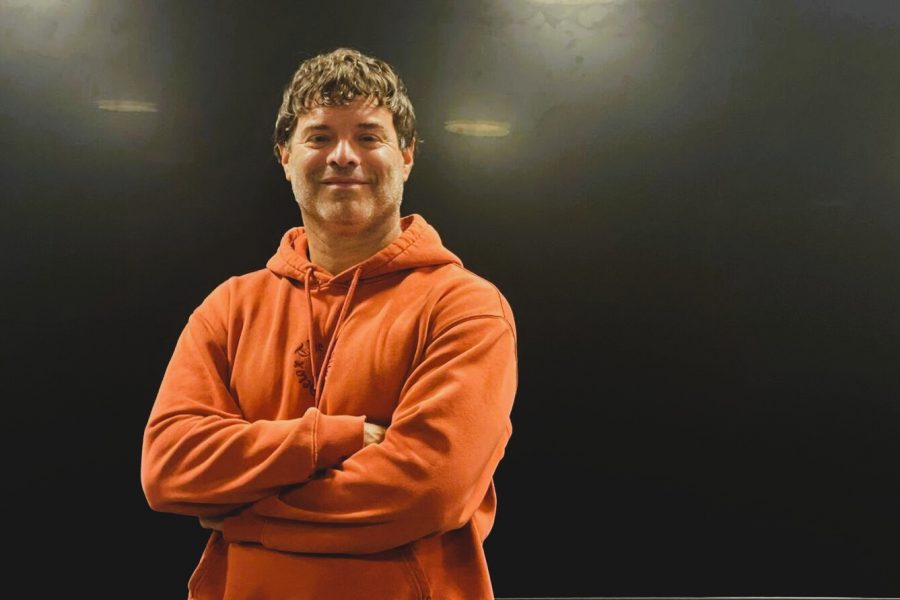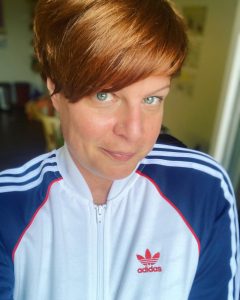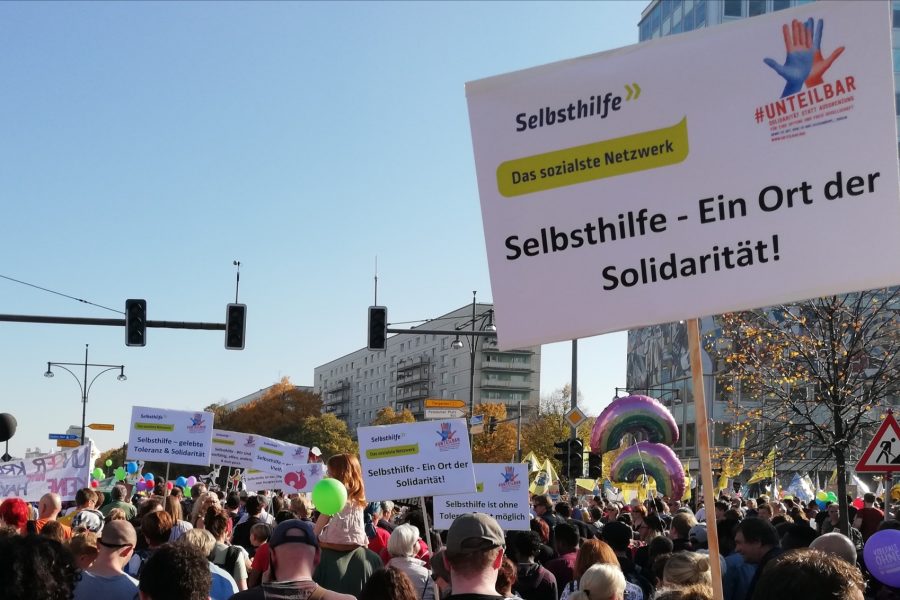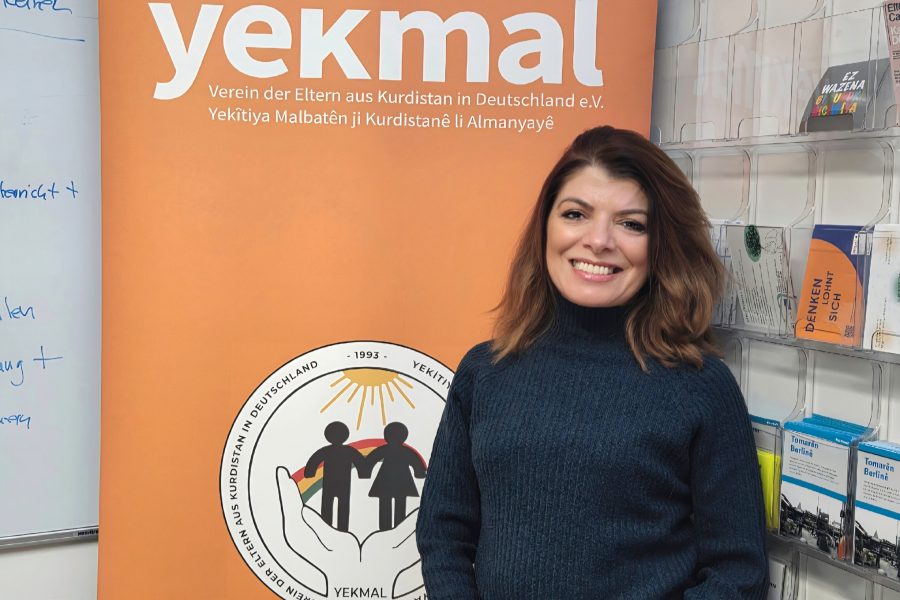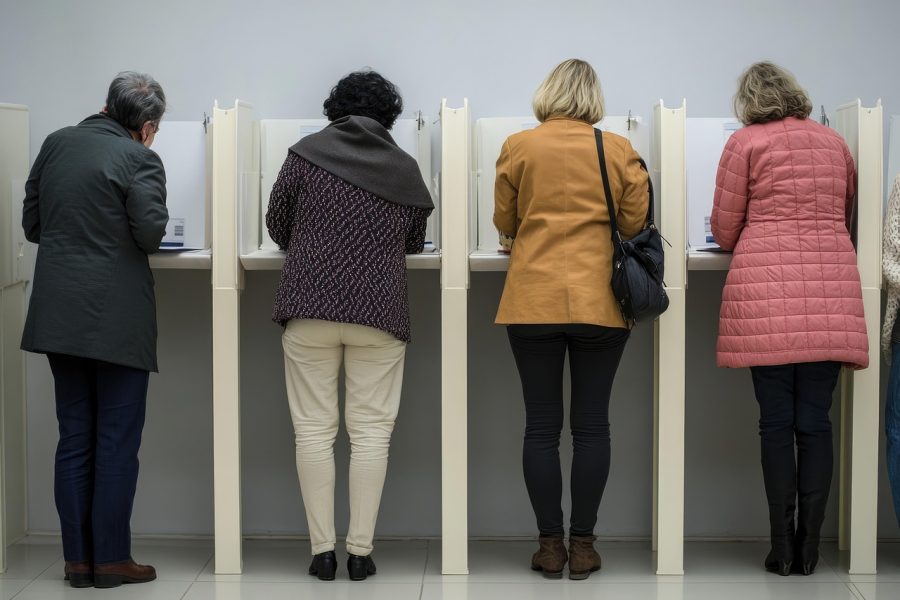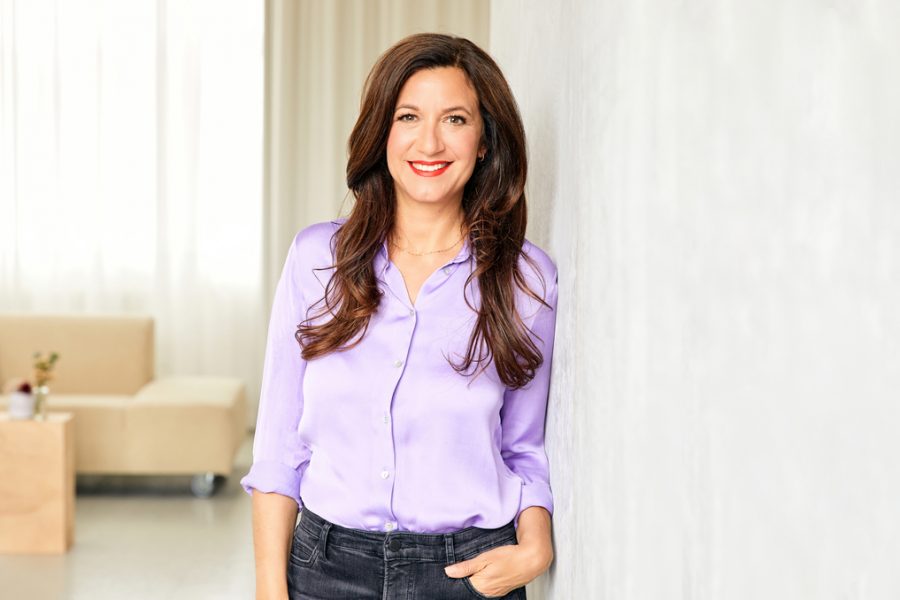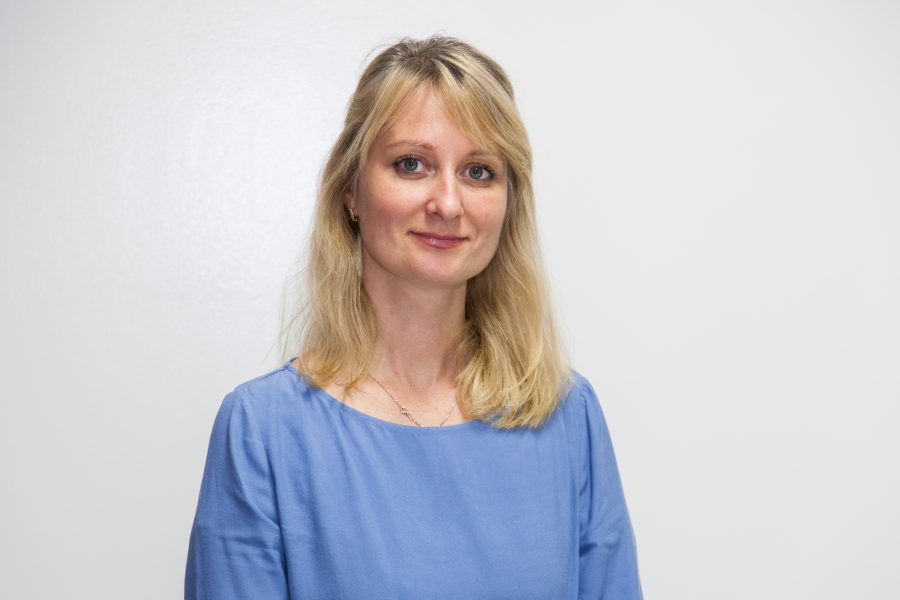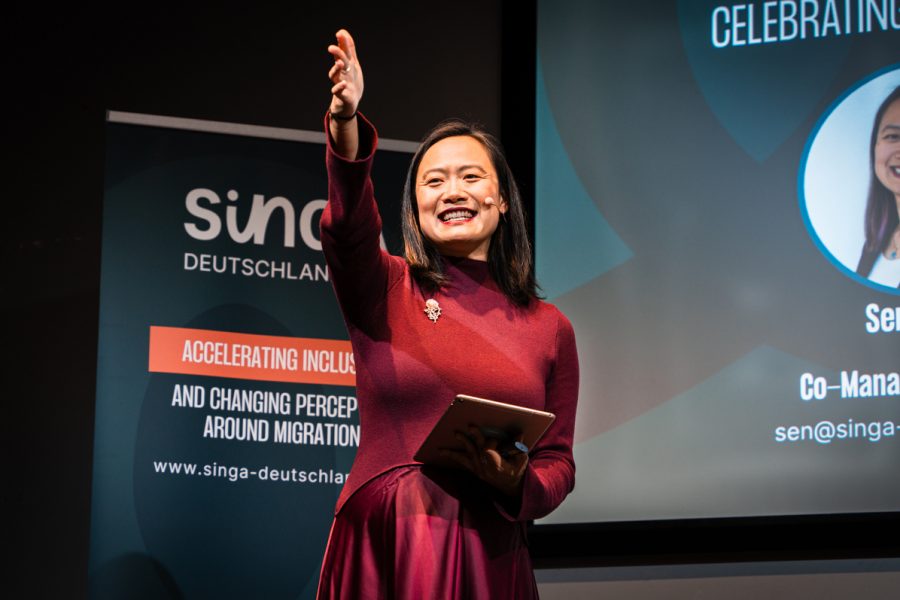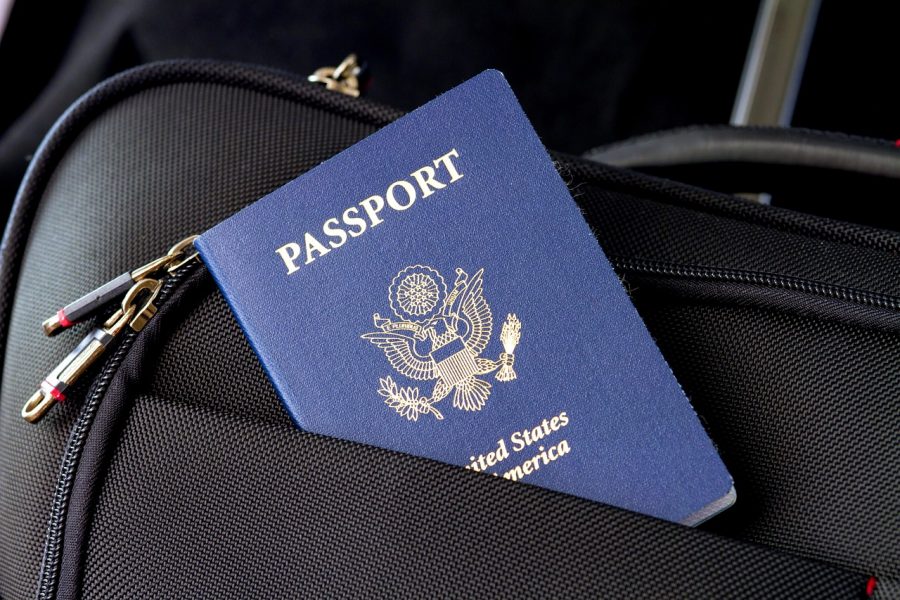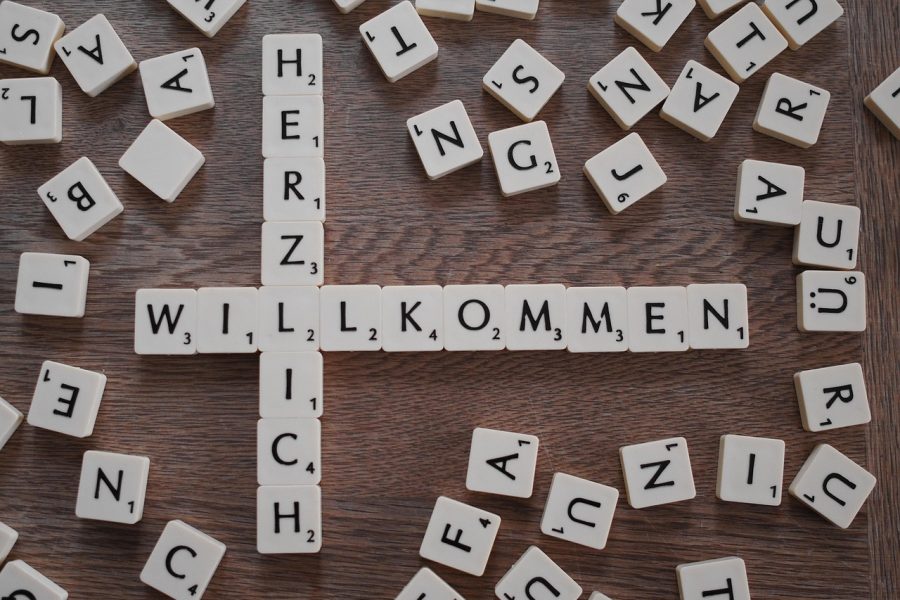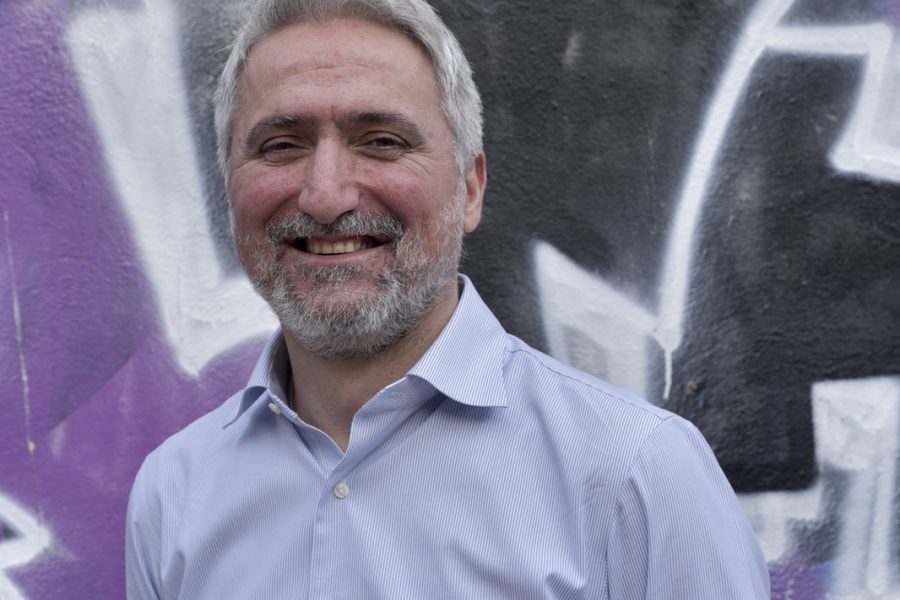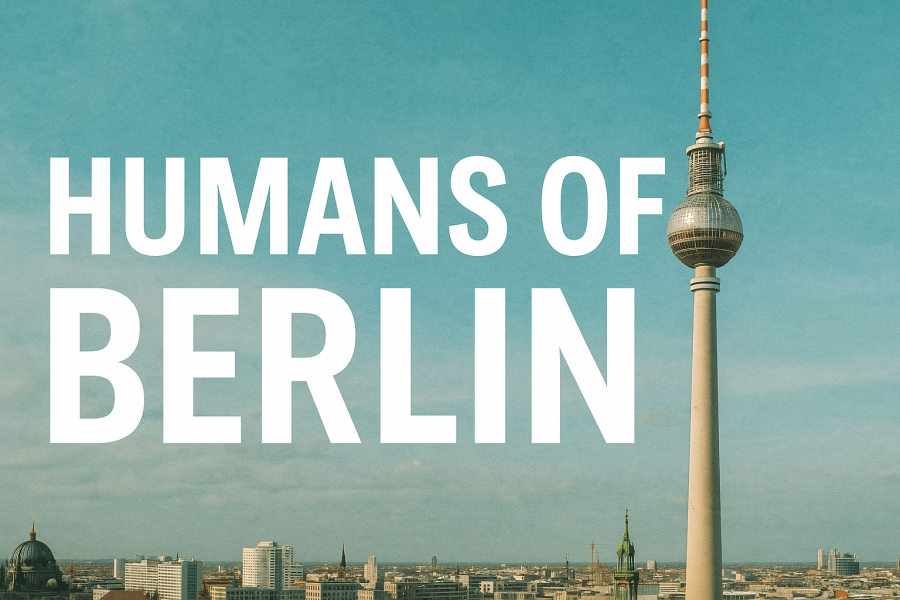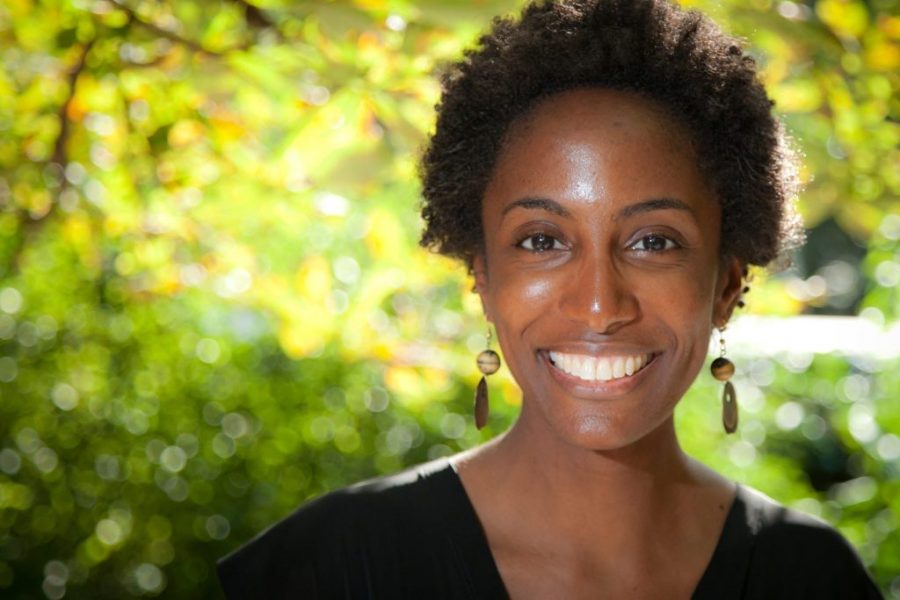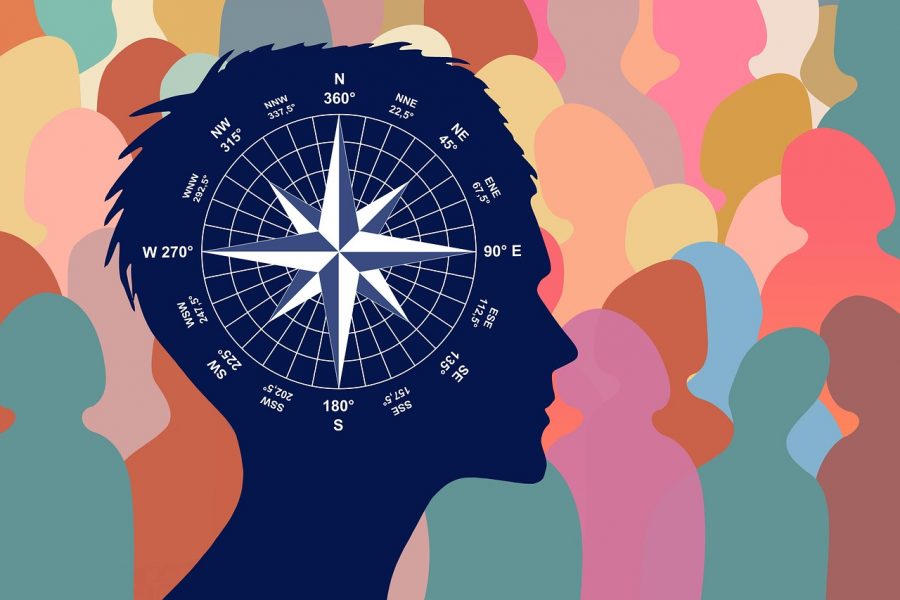WahlheYmatPost: When did you move to Berlin, and what brought you here?
Balázs Dénes: I moved to Berlin with my family in 2017 for professional reasons, as, together with others, I established a non-profit organization here. I am still happy with that decision from 10 years ago, and it brought us to where we are today.
WHP: How has your life and career changed since you came here?
Balázs Dénes: I am still working for the same organization, in the same position, so I guess career-wise I have not developed much… My life has changed a lot. When one immigrates after forty, it’s kind of a big change: an adventure, a challenge, and a series of ups and downs. Changing countries definitely pushed me out of my comfort zone, but I consider that to be good.
WHP: How do you see Berlin compared to your home country?
Balázs Dénes: As with every big city, Berlin is not perfect; it has its strengths and weaknesses. I love how multicultural this city is, and I enjoy its style and vibrant life. To me, Berliners seem nice and open – but I guess everything is relative, so I accept that others don’t necessarily feel the same. I always thought that for Hungarians it’s easier to integrate here than in other Western European cities: I somehow understood how things work here shortly after our arrival. I guess the fact that we share a past with at least half of the city helps. Also, as a Hungarian, Berlin is not the worst place to be.
WHP: What does participation mean to you personally? Since moving to Berlin, has your idea of community or involvement changed?
Balázs Dénes: I like to take part in social and political initiatives, and believe in participation and personal involvement at all levels. The biggest change for me was this strong sense of locality and coordination between the people we share a neighborhood (Kiez) with. I had never experienced this before, regardless of the location. We all live in a global metropolis, but we also care for our close environment – for me, this is a very interesting combination.
WHP: How easy is it, in your view, for people who came here from abroad to take part in public life or feel included?
Balázs Dénes: A lot depends on the individual, but I guess there are many ways the city could further improve this process. Or show clear paths. Compared to the proportion of newcomers, the participation and engagement of non-citizens could and should be better. I value participation a lot, and I think the broader the pool of ideas, the more people are involved in any process, the more creativity and excellence can shine. Again, compared to the numbers, I often feel that Berlin does not consider newcomers (and, to be honest, neither the long-term Berliners) as a possible resource, only as subjects.
| Balázs Dénes is a lawyer and human rights activist from Budapest, Hungary. He holds a law degree from ELTE University and was a visiting fellow at Columbia University in New York. He began his career at the Hungarian Civil Liberties Union (HCLU), where he spent 15 years and served as executive director for eight of them. Later, he joined the Open Society Foundations as division director of the Open Society Initiative for Europe. In 2017, he co-founded Liberties, a Berlin-based human rights organization, where he currently works as executive director. He is also the chair of the board at WahlheYmat e.V. |
WHP: Do you feel that your voice can make a difference here?
Balázs Dénes: Sure I do – that’s the reason why I joined Wahlheymat (laughs); otherwise, I would not be here. I actually think that a small but effective NGO can do a lot in surfacing great ideas and can also be effective in advancing them, whether it’s about simple but visible things or more complex policy ideas.
WHP: If you could change one thing about how Berlin involves its international residents, what would it be?
Balázs Dénes: I would consider allowing people to communicate in English in official and public settings. I think the proportion of non-German speakers in this city justifies that, and the technologies of the 21st century make it possible.

